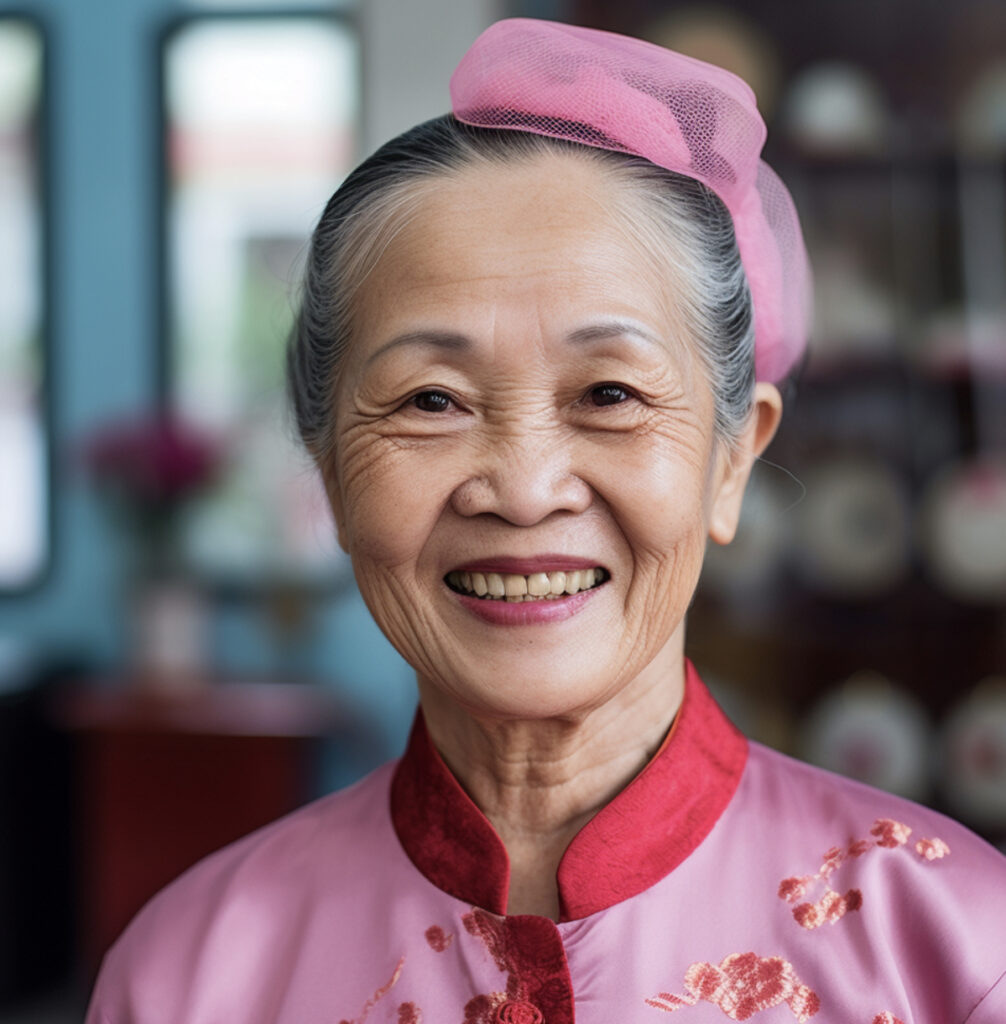In the realm of physical health, many assume that an individual’s failure to exercise or maintain an active lifestyle is merely a lack of will or commitment. This view can often lead to judgment, stigma, and a lack of understanding about the unique challenges faced by overweight individuals. However, as Harvard Professor Dr. Daniel Lieberman’s research has suggested, the equation is much more complex and nuanced than what initially meets the eye.
The Dopamine Discrepancy: A Tale of Two Systems
The human body’s reward system operates on a delicate balance of chemicals, with dopamine often taking center stage. Known as the “feel-good” hormone, dopamine is released in our brains when we engage in activities that are enjoyable or beneficial to our survival, such as eating, social interaction, and physical activity.
For individuals who are already physically fit, exercise triggers this release of dopamine, thus resulting in a sensation of pleasure and satisfaction. This encourages them to continue the behavior, further reinforcing a cycle of active, healthy living.
However, as Dr. Lieberman has found, the reward system operates differently for overweight individuals. Due to physiological factors often exacerbated by excessive weight, such as metabolic imbalances, the release of dopamine is not as robust or as frequent as in their fitter counterparts. Furthermore, the physical exertion required to move a larger body mass can often be daunting, making exercise feel less rewarding and more laborious. The combination of these factors leads to a decreased desire to engage in physical activity, creating a challenging obstacle in the journey towards healthier living.

The Power of Motivation and Encouragement
Understanding this fundamental difference in dopamine response between fit and overweight individuals is crucial. It illuminates why overweight individuals may find it more difficult to initiate or maintain a regular exercise regimen. They aren’t necessarily unmotivated or lazy; they’re grappling with a physiological response that is inherently less rewarding.
This is where the role of external motivation and encouragement becomes paramount. Given the unique challenges faced by overweight individuals, they may require additional external motivation to compensate for the lower internal rewards from exercise. A supportive community, encouraging fitness trainers, family members, or even professional health coaches can provide the necessary motivation to initiate and continue physical activity.
Social encouragement, positive reinforcement, and setting achievable fitness goals can help overweight individuals overcome their physiological hurdles and develop a consistent exercise habit. Notably, consistency is key. As they continue to exercise, their bodies can adapt, making physical activity easier and potentially increasing dopamine release over time. This can ultimately foster a more rewarding exercise experience and create a self-sustaining cycle of active behavior, similar to that experienced by fit individuals.
Inclusion, Not Exclusion: Creating a Positive Exercise Culture
The broader implications of Dr. Lieberman’s research stretch beyond individual motivations to the very fabric of our exercise culture. By understanding that overweight individuals face unique challenges when initiating an active lifestyle, society can work towards creating more inclusive and supportive environments that empower, not discourage, individuals on their health journeys.
Exercise facilities and programs can focus on becoming more welcoming for people of all fitness levels, fostering an environment that prioritizes health over appearance. Fitness professionals can work to better understand and empathize with the unique challenges faced by overweight individuals, providing appropriate guidance and support. Public health policies can also be crafted to incentivize exercise and active living among all citizens.
It’s time to replace judgment with understanding, and criticism with motivation. Every individual, regardless of their size or fitness level, deserves the opportunity to lead an active, healthy life. Only by embracing this ethos can we collectively foster a healthier and happier society.





